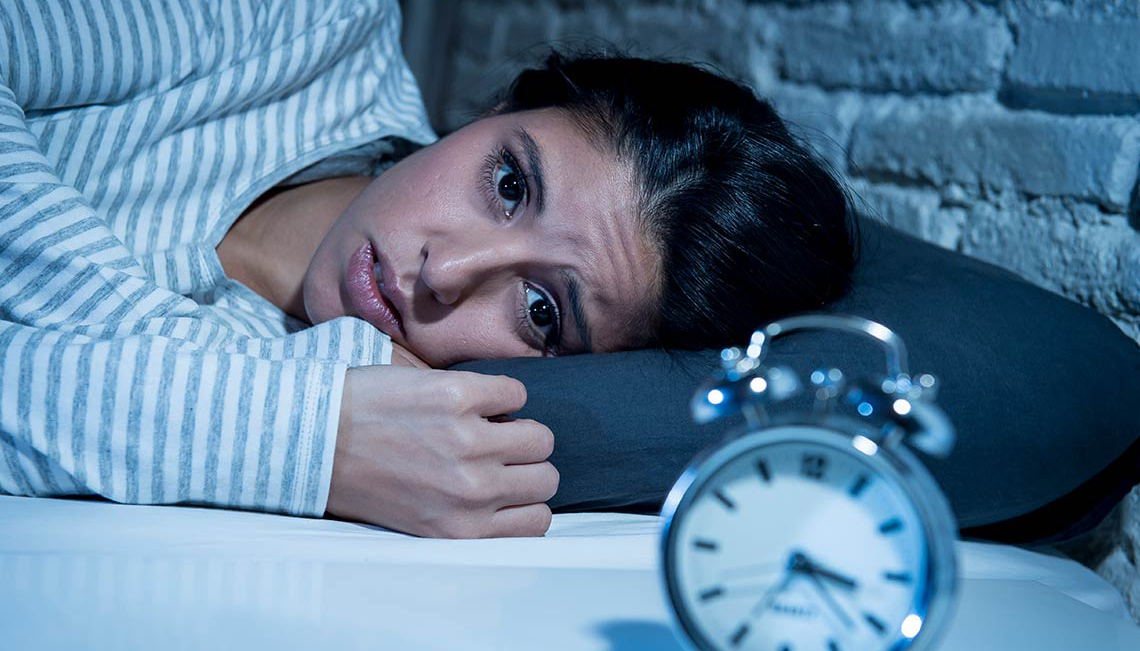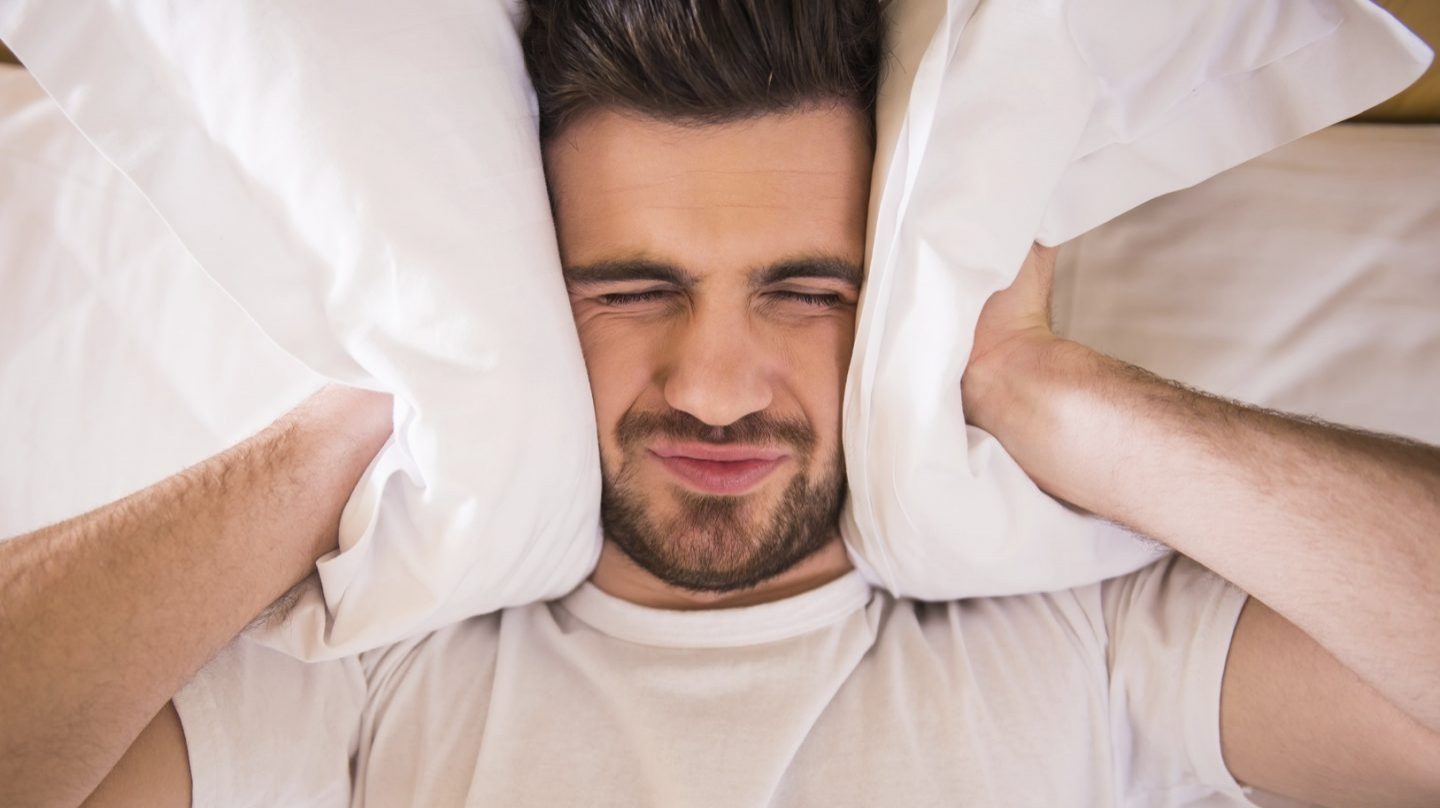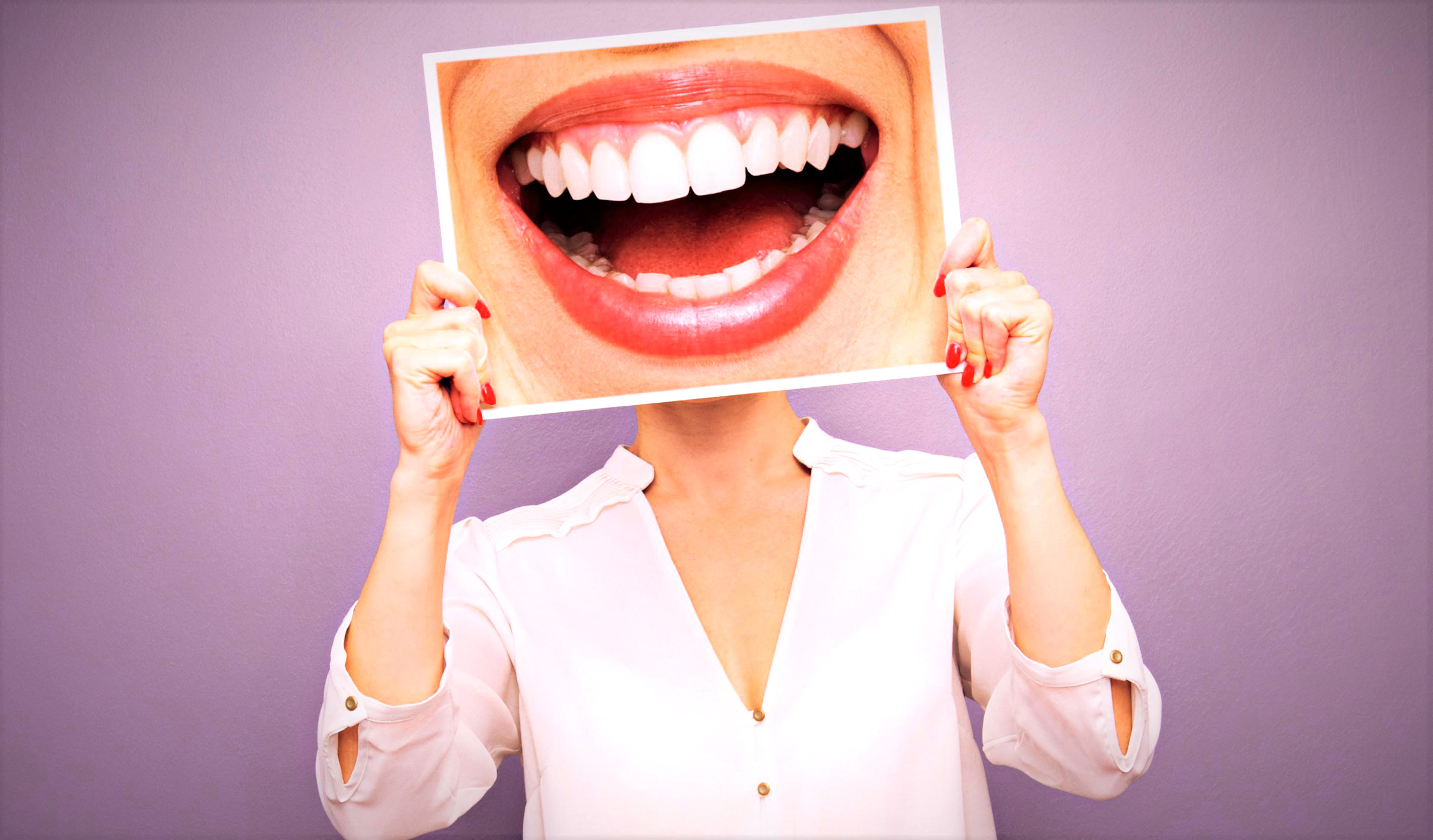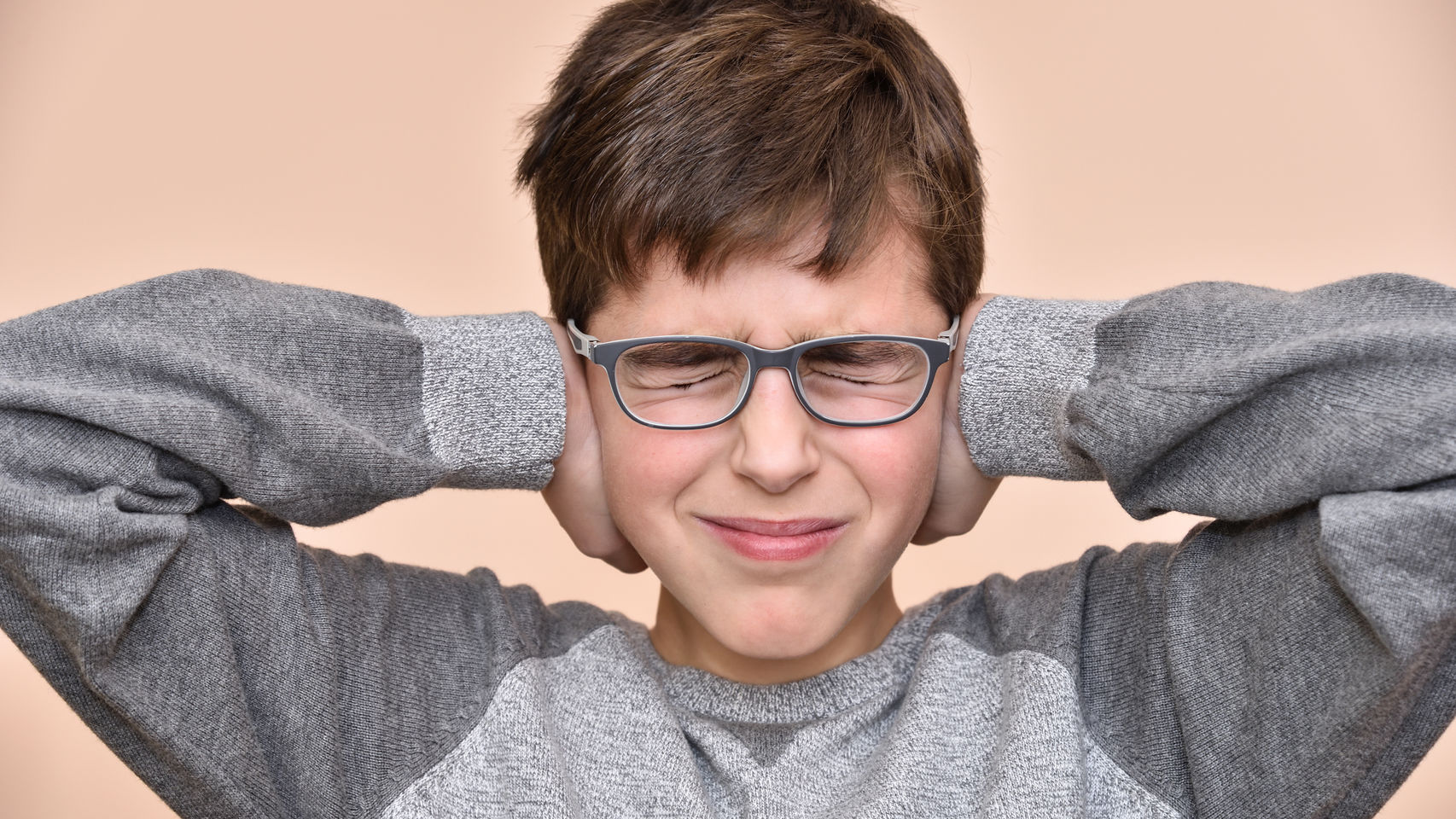Insomnia is a symptom of another existing medical, psychiatric, circadian, behavioral or environmental disorder, rather than a disease in itself; therefore, when treating it, one must act on the cause that originates it, and not only on the symptoms.
The treatment of insomnia should take into account the causes of insomnia, as well as its severity and duration. The key to the treatment of insomnia lies in solving the cause of its origin and not just the symptoms.
The treatment can be pharmacological or non-pharmacological, that is; the non-pharmacological treatment of insomnia requires behavioral changes and the habits of life of the affected subject, for example: Establish constant hours to go to bed and get up, sleep 7 to 8 hours a day, avoid consuming substances that stimulate the nervous system, avoid sleeping during the day, do some kind of physical exercise during the day, do not perform exciting activities in the last hours of the day.
The pharmacological treatment of insomnia: anti-anxiety drugs, antidepressants or analgesics). Non-benzodiazepine hypnotics: they are used for sleeping sleep insomnia (zolpiden, zopiclone, zaleplon). Benzodiazepines: BZDs are used for rapid elimination in cases of transient insomnia. BZD + cognitive-behavioral therapy is used in cases of long-term or chronic insomnia, and antidepressants with sedative effect are often added. The neuroleptics with sedative effect: they are used in cases of resistant insomnia. Antihistamines: are also used as hypnotics such as: diphenhydramine and doxylamine.
Melatonin: has utility in people over 55 years of age, improving sleep quality in general terms.
Learn more about your health and well-being at Pharmamedic.







